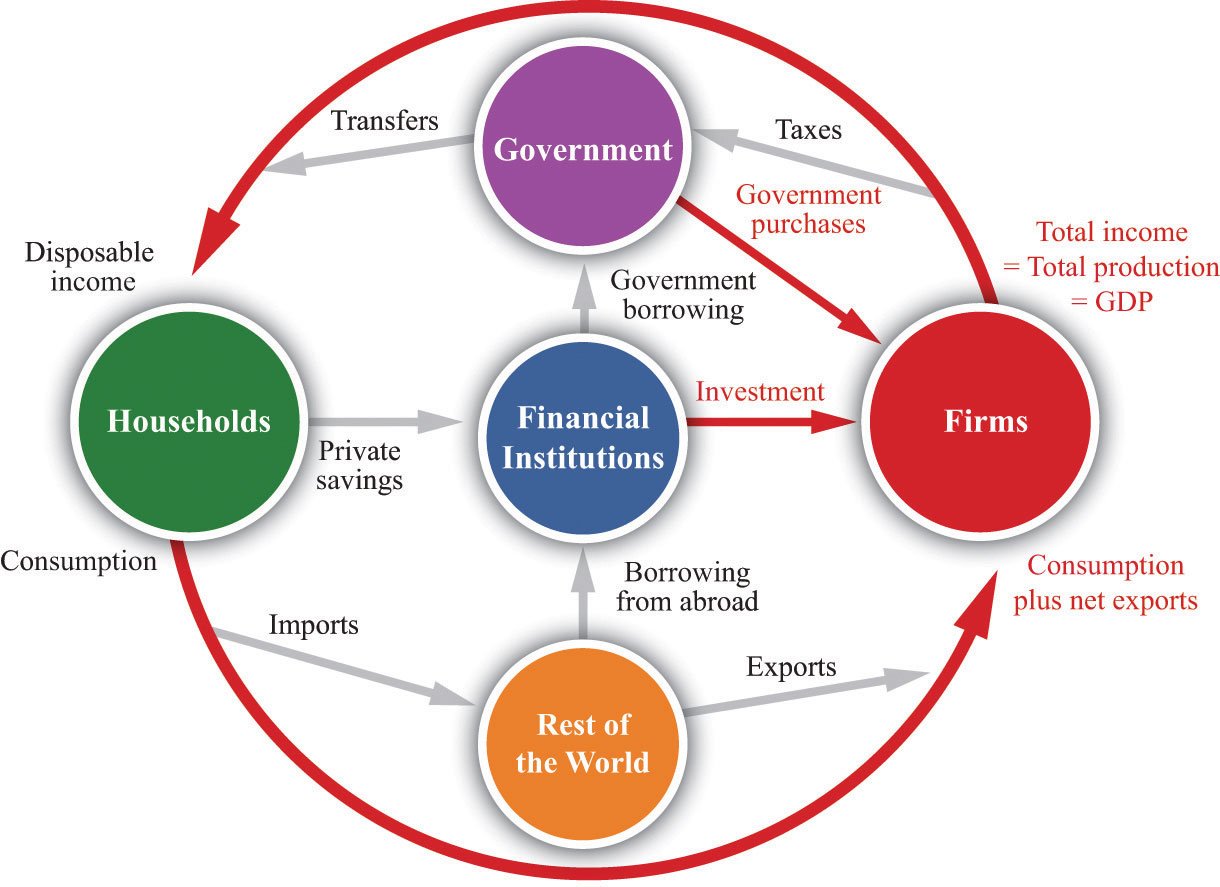Home Making in GDP: Can Home Making be Accounted in GDP in 2020 amidst the Deadly Covid-19?
Home Making in GDP: Can Home Making be Accounted in GDP in 2020 amidst the Deadly Covid-19?
5 in the morning at the ring of the first alarm bell she wakes up and runs round the clock. From the first tea in the morning to the last meal at night she works tirelessly. This is what an average Indian woman wakes up, she becomes the air that breathes life into everything around her.

She has been doing this all her life as an accomplished woman with a career of her own, but still, her service is not revered. Additionally, her services are not accountable under the label of economically productive work. Since homemaking is nothing new but a housewife’s inherent responsibility that her duties are needed but are not considered essential.
Especially if we talk about a country like India where women are conventionally expected to fulfill their household services as a part of her role towards their family. It has been regarded that household work should also be brought under the purview of GDP accountability. But the inclusion of household working GDP doesn’t mean that the homemaking is unproductive. However, not much air has been given to the inclusion of home production into GDP. For a long time, several arguments have surfaced about the inclusion of household work in a country’s GDP, but the question of its inclusion and measurement stands as a block in the way.
What is GDP and Unpaid Labour?

- Gross Domestic Product is the standardized form by the means of which the health of an economy and its latest status. It is derived by adding the gross total of all the producers and the sum taxes levied on them. Subsidies are subtracted by this number. The per capita GDP labels the capacity of an individual to maintain a given standard of life. India ranks 157th in the per capita GDP measurement. GDP can be majorly calculated by the income and expenditure of a country. Products and services which profit the country financially are included in the GDP.
- Unpaid labor recalls the services which are not economically compensated y any authority. They include the house production industry and voluntary work. These services do not contribute anything to the economy. This is the point wherein; the unpaid labor is neglected as it doesn’t benefit monetarily to the country.
Where on one hand the professional services are most probably ended around 5 p.m., the services of a housewife have unending working hours. In the US the social childcare industry accounts for about $20 million wherein, childcare facilities are considered more essential as any other industry.
However, ever since the GDP is calculated, it is only calculated based on the formal economic transactions of a country. Therefore, the entire house making industry has drifted into the category of unpaid or voluntary labor which is not accountable and cannot be calculated in the GDP. It is strongly accepted by the leading economists that including of Home Production industry can increase the GDP by multiple times.
The Proponents

- There are some proponents of this idea including Nobel Prize winner, Amartya Sen who are in favor of including household production in GDP. If the household services are outsourced, financial payments are meant to compensate the workers. However, if the lady of the house does that, she is not given any financial remuneration as she is rendering a conventional duty. If these services are outsourced only then they are included in the GDP. These services will increase the GDP of a nation manifold.
- Negligence of housemakers and their services is the negligence of the work they do, hence making them vulnerable and unacceptable as economic contributors to the country. If a woman works endlessly at home and outsources her work to a maid who is financially compensated, money is anyway spent on the domestic service.
- The invisible services of a female house worker cannot be neglected as her male counterpart uses her substantial non-economic service for his economic production. These social reproduction services are considered as a foundational activity that helps all other economic activities. Especially in India, where a major part of the population is dependent on agriculture. Numerous women work hard on the agricultural industry, but their services are not accounted as they are ‘non-economic’ services but the services of her husband are accounted to be economically viable.
- The proponents argue that the inclusion of household services in GDP will give a major boost to women and increase their respect in society. It will boost the GDP and will present an exact picture of our country’s growth. It will separate the market work with the household work, giving an account of time spent on household work.
The Opponents

- The main argument that the opponents put forth is that GDP only accounts for those products and services which are economically profitable for a country’s growth. The home production industry is essential and foundational to our system but isn’t economically profitable, hence it shouldn’t be included in GDP. All the goods and services that effectively produce marketable goods can be included in the national income or GDP of a nation.
- The basic definition of GDP says that products and services which contribute to the economy through monetary forms the GDP of the nation. This sum plus taxes and minus subsidies defines what GDP is. When a woman working on her own or outsourcing her labor pays her house-help the payment is done in cash and no additional tax is deducted from her salary. Where when the employees are paid, they are bound to pay tax on their income.
- If by any means homemaking is added to the GDP what would be the method of accountability. How will the homemaking industry have included in the GDP when there is no standard for payments or its measurement? Economist Marilyn Waring argues that the standard of Homemaking GDP should be set on time as time is required to perform any activity. The factor of Time is common in both sexes. Should time be made a standard for calculating household work?
- Another factor that also obstructs this cause is how will those women accounted for those who are involved in both the industries. A woman of career works at both places, she is paid for one and that is accounted for by the Country’s GDP. When the same woman will work at home will that also be accounted for in the GDP? Won’t it add the labor of one person twice and manipulate the actual GDP of a country.
However, the question of assimilating house making in the National Income of a nation persists. All said and done both have their arguments. But in recent times, when the entire world has been pushed behind the doors, the housework has increased manifold, it’s been 4 months that the nation is behind closed doors.

Endlessly, women are working in their household for endless hours. What can be done in such a situation? Can we still negate the housemakers and push them off? Then, some women are working doubly hard and rendering their services in personal and professional spheres. How can these essential services be accounted for, remains a question?




